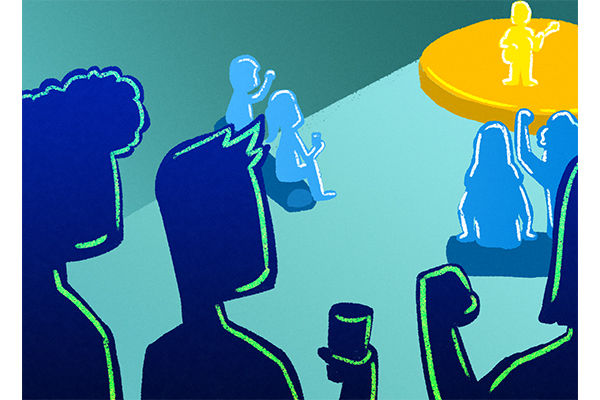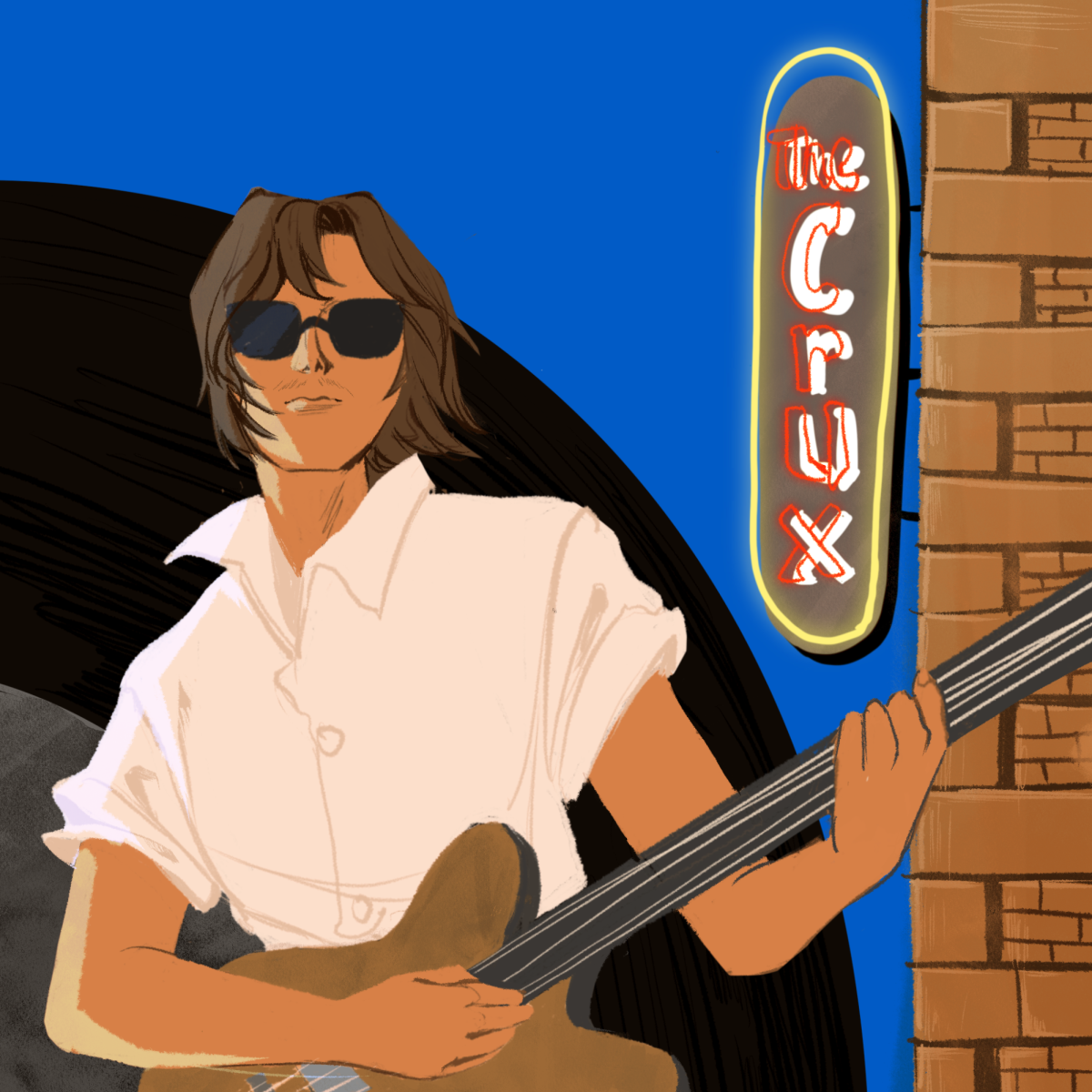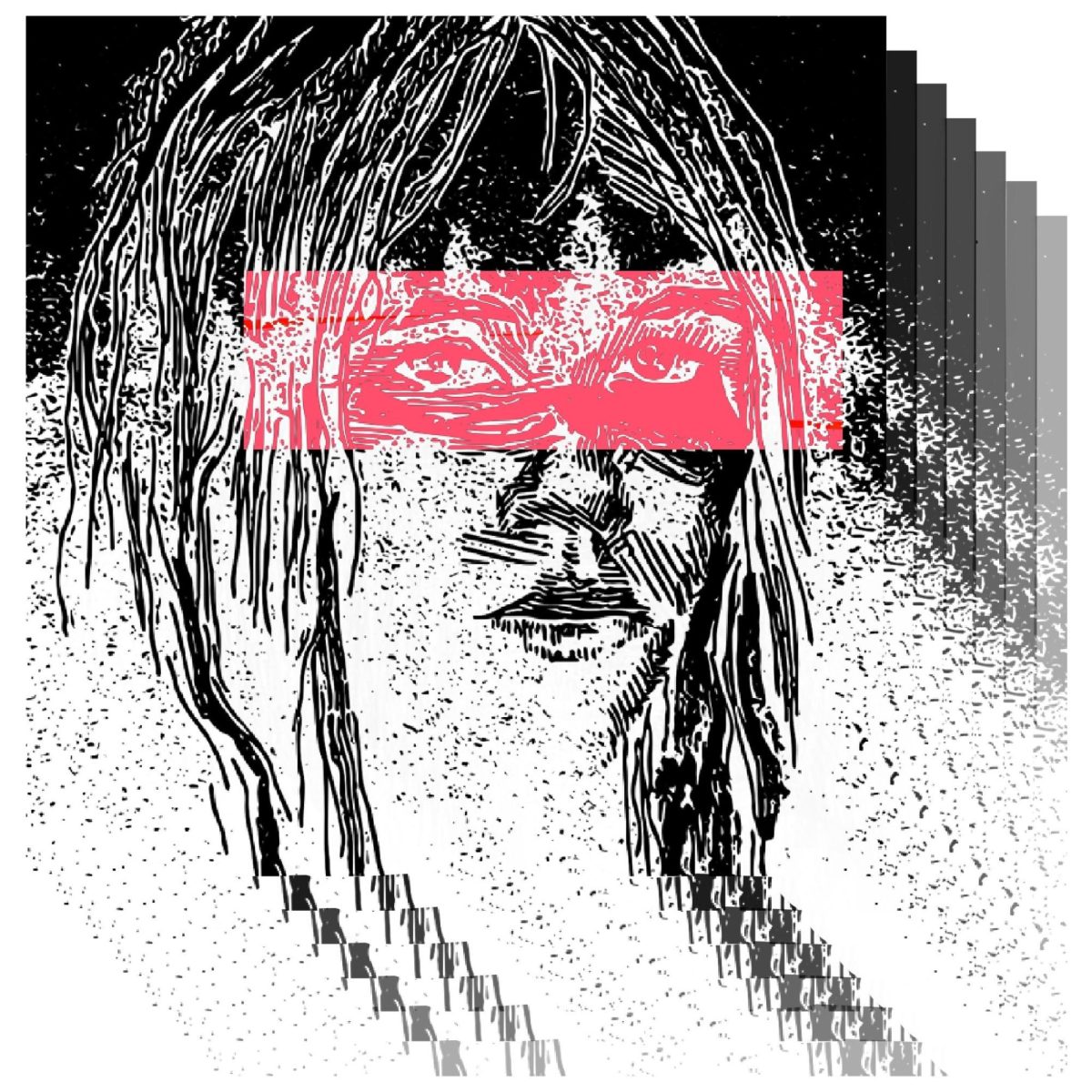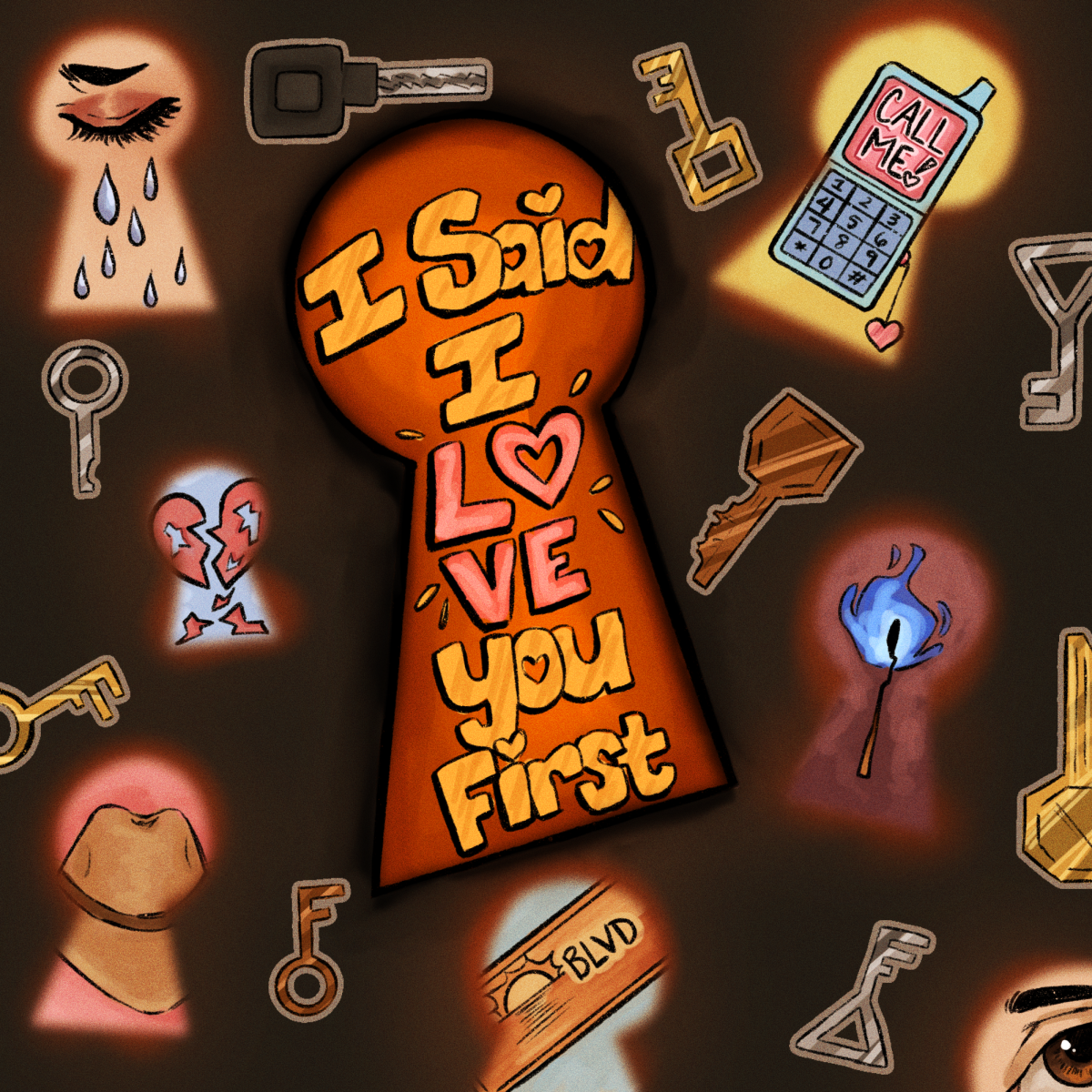Crowd-surfing, headbanging and masses of sweaty bodies jumping up and down used to be the essence of attending a concert. Now, fans must stay in their own space away from fellow audience members.
“The seats were in groups of five or six max, and they were all spaced out 6 feet apart,” said Mackenzie Keaton, speech, language and hearing sciences freshman. “You weren’t allowed to move them either.”
Keaton attended the Flatland Cavalry concert on Sept. 18 at the Nutty Brown Amphitheatre. She said her party of 10 was separated into two groups of five once they arrived.
“At first, being there and realizing we couldn't sit together, I was like, “OK yes, that’s different,” Keaton said. “But I was never worried because everyone was following the rules. Any time you left your seating area, you had to put on your mask, and there were people helping enforce it too.”
Mary Grace Young, a speech, language and hearing sciences freshman, said the amphitheatre split the concert into two different parts: one that took place at 5 p.m. and another at 9 p.m.
“The energy was different than a typical outdoor concert, but I was just happy to enjoy live music,” Young said.
Haute Spot Venue in Cedar Park, Texas, has been hosting drive-in concerts since before the COVID-19 pandemic. According to their website, they’ve expanded their drive-in concerts to multiple weekendlong events. The series proceeds go to Black Fret, a charity organization that provides financial support for musicians, and the Health Alliance for Austin Musicians.
According to the Austin Center for Events, there is no occupancy limit to drive-in concerts, movies or similar events under event guidelines. These guidelines facilitate appropriate social distancing, generally requiring spectators to remain in their vehicles and minimize in-person contact between people who are not in the same household or vehicle.
Austin punk rock trio Think No Think performed during the drive-in series. Johnny Dowey, the band’s lead vocalist and guitarist, said social distancing among artists backstage was also strictly enforced. Masks were required for performers and employees alike, and each band had their own tent where they waited in before getting onstage.
Dowey said he could see the partitions between cars from the stage, and though he wished he was playing to a normal crowd of people, he was grateful to be there.
“It was absolutely amazing to play,” Dowey said. “Live shows rule, (so) that’s been the hardest thing. That’s our souls, that’s our lifeblood, and to not do it … we are missing a big part of our energy and life.”
Dowey said because small gigs in clubs and venues aren’t happening right now, it’s hard for smaller bands to gain exposure and earn profit. He said he’s grateful Think No Think was able to perform at Haute Spot Venue.
“Unfortunately, the future of punk rock is just uncertain,” Dowey said. “We’re lucky to be on the tail end of some bands that are … playing on a stage that size.”
Cara Bishop, vocalist for the Austin self-producing sibling duo The Bishops, said performing onstage again gave them a platform to speak on social justice issues.
“We've always been doing this for fun because we’re passionate about it, but lately I've been doing it because we have messages that are important and need to be heard,” Cara said.
Troy Bishop, Cara’s brother and bandmate, said the audience’s energy was still high, but he missed seeing the crowd sing along only a few feet from the stage.
“People were honking and cheering, so the energy was there,” Troy said. “We just couldn’t see everyone's faces as much, which (typically) makes it more intimate.”




















